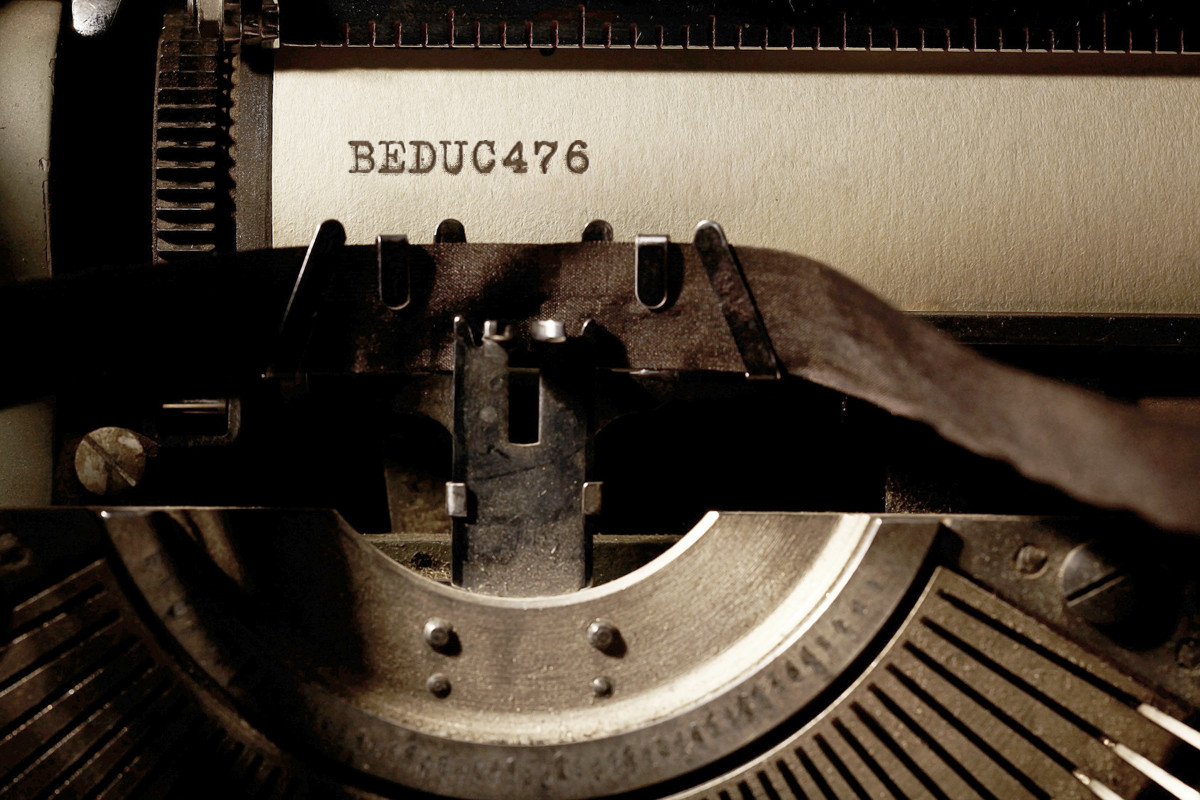BEDUC 476/576: New Literacies for Digital Learning Professor Jane Van Galen
Autumn, 2018
Jane Van Galen
vangalen at uw.edu 425/352-5332
Office UW2-218 Office Hours: By appointment
What does it now mean to be literate In this age of rapid, networked, global communication, when we all must sort through multiple sources of information, when digital tools enable everyone to create and publish media in multiple forms, when new forms of communication support instantaneous connections, when political and civic organizing happens within digital social media?
What do we need to know to be able to read all forms of media critically, to contribute to the global conversation, and to create multi-media projects for telling one’s story? This class will include both critical and theoretical readings on the rapid shifts in digital culture and hands-on experience with becoming a networked digital learner.

Course Goals:
Students will develop:
- Intellectual and experiential understanding of “networked” digital cultures for learning, political action, and culture.
- Fluency in key digital social media tools.
- Knowledge and skill to build a positive digital identity.
- Skill in finding, learning from and contributing to social networks.
- Skills in “Critical literacy”: Making judgments about quality and credibility of information on-line
- Knowledge of and skill in: Curation, remix, and trans-media navigation.
- Knowledge of legal and ethical dimensions of new literacies: Privacy, intellectual property, digital citizenship.
Course Organization:
This course is a hybrid course. In addition to in-class work each week, you will also be engaged in the equivalent of 2 credits of on-line collaborative and independent work as part of the course structure. This “on-line” part of the course is in addition to the normal at-home workload of reading, writing, and course projects that are part of any course.
Active participation in both the on-campus and online activities is required to do well in this course, and essential for you to learn about the “literacies” around which this course is built. Although taking a hybrid class provides for a bit more flexibility in one’s schedule, the amount of work required for any given hybrid class is as much as a traditional class. Hybrid courses often require students to take more initiative in their own learning.
On-line work will include blogging, Twitter, and other tools as outlined on the weekly schedule. The on-line work will include you interacting with others in the course as well as others in broader digital networks.
On-line Privacy and Identity:
Much of the work that you do this quarter will be in public digital spaces. As part of learning about building a digital identity, you must use the same user name across the tools that we use. You are free to choose an identity that masks your true identity or to use your real name and identity in our public work this quarter. You are not required to publicly identify yourself as a member of this class in any of the work that you do. We’ll talk more about making these choices in class.
Tech Skills Needed:
Everyone in the course will need regular access to the internet on a device that allows editing of different web 2.0 sites. Some of our tools may not work well on a tablet but will work on netbooks or any computer connected to the internet.
Many of us will be new to many of the tools that we use throughout the quarter. A major goal of the course is to become more fluent in tools used by thousands of people to connect, create, and communicate, and to also tap into ways that these tools are learned informally. We’ll also have tool tutorials in class on a regular basis.
You will need a UW Google Apps account (also used for e-portofolios and other progrma requirements) for some student- only parts of our syllabus. If you’ve not activated this, it will take you 4 minutes to do so following these directions.
Texts
Chayko, M. (2018). Superconnected: The Internet, Digital Media, and Techno-Social Life. (2nd Edition). Sage Publications.
Rheingold, Howard, (2012). Netsmart: How to Thrive Online. Cambridge, MA: The MIT Press.
Thomas, Douglas and Seely Brown, John. (2011). A New Culture of Learning: Cultivating the Imagination for a World of Constant Change. [digital version recommended]).
Other articles and on-line resources as noted on the weekly schedules.
Disability Accommodations
If you would like to request academic accommodations due to a disability, please contact Rosa Lundborg, Coordinator of Disabled Student Services at the Bothell Campus (email:rosal@u.washington.edu, phone 2-5307).
If you have a letter from Disabled Student Services indicating that you have a disability that requires specific accommodations, please present the letter to me so that we can discuss the accommodations that you might need for class.
Inclement Weather
Check the campus website for information on campus closures due to inclement weather. If the campus is open but I’ll be canceling class, I’ll be posting an announcement at the top of this home page.